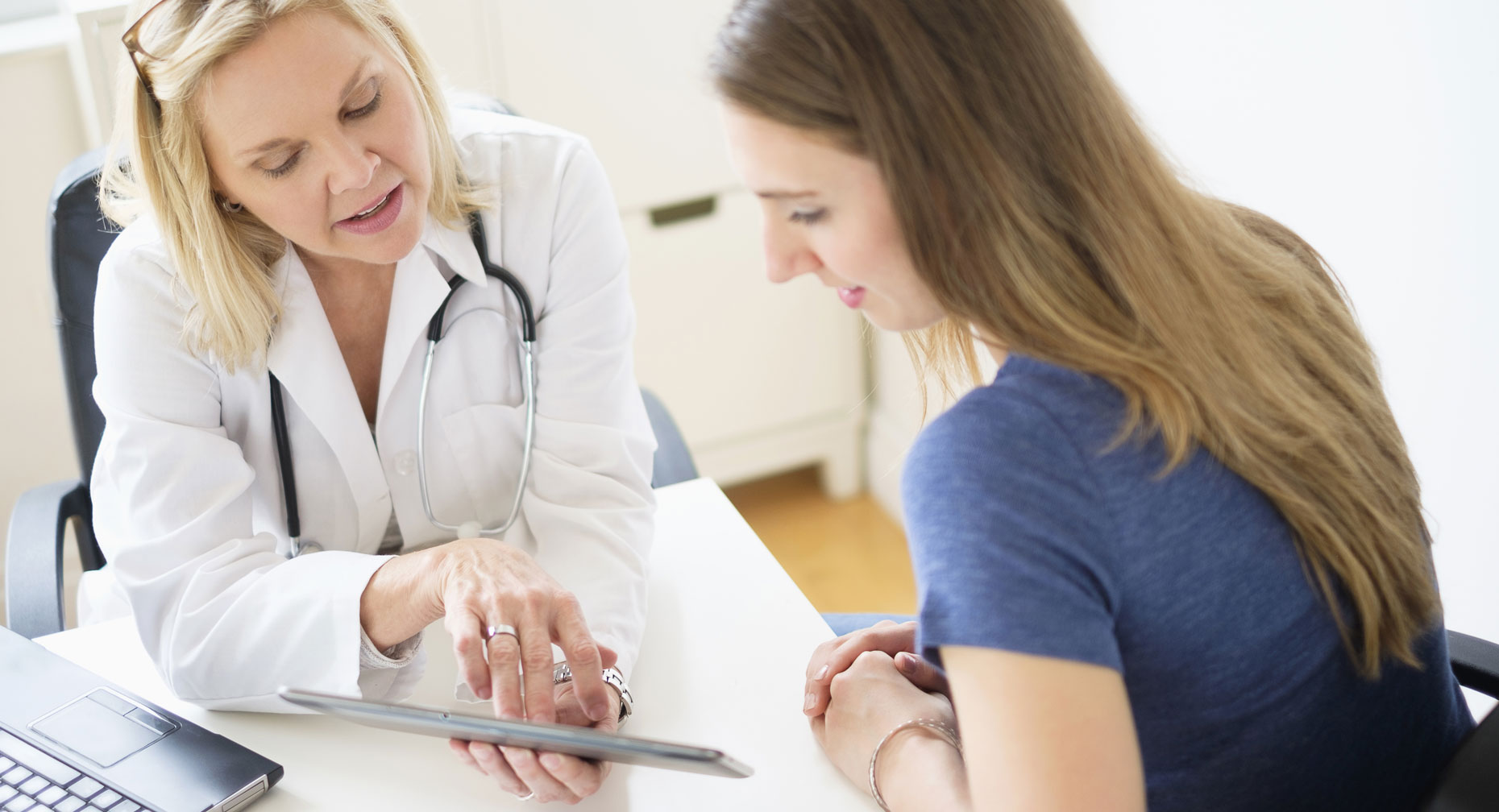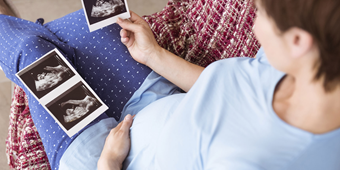Irregular Periods? Let’s Discuss Anovulation

Find Your Perfect Match
Answer a few questions and we'll provide you with a list of primary care providers that best fit your needs.
While many women feel that their monthly cycle is mysterious, some also struggle with it being completely unpredictable. If you have irregular periods (i.e., you can’t depend on your period starting every 21 to 36 days), it’s likely that you aren’t ovulating or you’re ovulating irregularly. Around 30 percent of infertility problems are caused by not ovulating, or to use the technical terms: oligo or anovulation.
What is Anovulation?
Ovulation is when your body releases an egg that can be fertilized and you can become pregnant. This generally happens 11 to 21 days after the first day of your period. If you can predict that you’ll have a period every 24 to 32 days, you are most likely ovulating. On the other hand, when you don’t ovulate and you more than likely won’t have a menstrual cycle at all, it’s called anovulation. If your periods are irregular, you may be dealing with oligovulation. And, unfortunately, you may also be dealing with infertility.
You can still have a period even if you’re not ovulating. (Technically, it’s not a period, but practically, you’re still dealing with bleeding.) Your period starts when your endometrium, or the lining of the uterus, builds up and is shed 12 to 16 days after ovulation. But if you don’t ovulate, the endometrium can still be shed and cause bleeding when it can’t sustain itself or when your estrogen level drops.
If your periods are irregular, you may be dealing with oligovulation. And, unfortunately, you may also be dealing with infertility.
What Causes Anovulation?

Here are the most common causes of anovulation:
- Polycystic Ovary Syndrome (PCOS): Seventy percent of anovulation is caused by PCOS. It generally presents in the late teenage years. An increase in testosterone can cause acne, extra body hair and menstrual cycles over 35 days long.
- Functional Hypothalamic Amenorrhea (FHA): Women who are underweight, have struggled with an eating disorder or who have lives marked by extreme exercise can struggle with FHA.
- Diminished Ovarian Reserve (DOR): Since women are born with all the eggs that they will ever have, some women have fewer eggs due to various causes (genetic, medical, surgical, etc.). This lowers the chance of ovulation and conception.
- Problems with the hypothalamus and pituitary glands: These glands in the brain control the hormones for ovulation including thyroid dysfunction or hyperprolactinemia.
- Premature menopause (or Premature Ovarian Insufficiency): This disorder happens when a woman’s ovaries fail before she is 40 years old. Though sometimes unexplained, it can also be caused by chemotherapy or radiation.
- Menopause: Menopause happens around age 50, when the ovaries naturally decline and stop ovulating.
What Happens When Anovulation is Chronic?
Many treatments for anovulation are simple and effective.
- Treating specific causes: If a doctor can pinpoint a specific cause of anovulation, it can be straightforward to treat that cause. For example, unhealthy body weight —being either overweight or underweight — can cause anovulation. Getting to a proper weight for you can be a make a huge difference. Issues like hyperprolactinemia (higher-than-normal levels of the hormone prolactin in the blood) and hypothyroidism can be treated with medicines.
- Medically inducing ovulation: Doctors have many different medicines that they can use to promote ovulation
- Surgically inducing ovulation: Doctors can use a minimally invasive surgical technique called laparoscopy to fix issues in the ovary.
Unfortunately, some causes of anovulation cannot be treated. But come what may, you are not alone. Talk to your doctor. Surround yourself with people who listen and who can support you. No matter what, you have what it takes to deal with this.
Find Your Perfect Match
Answer a few questions and we'll provide you with a list of primary care providers that best fit your needs.
Source: National Institutes of Health; Centers for Disease Control and Prevention; American Pregnancy Association; Epigee Woman’s Health




